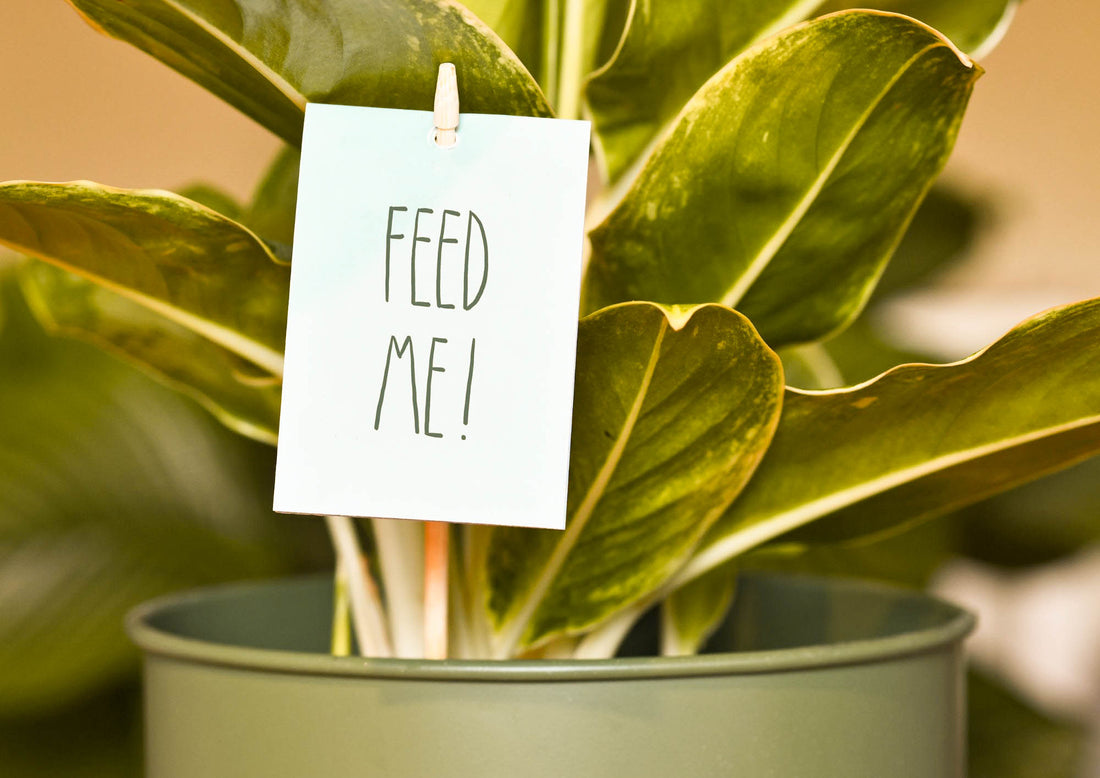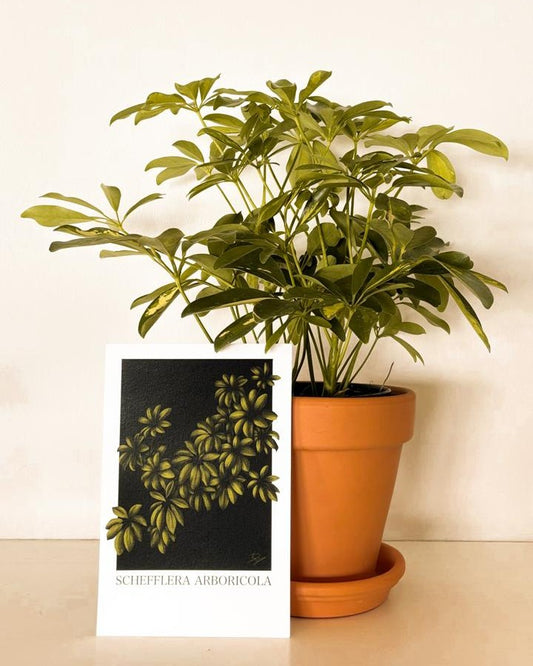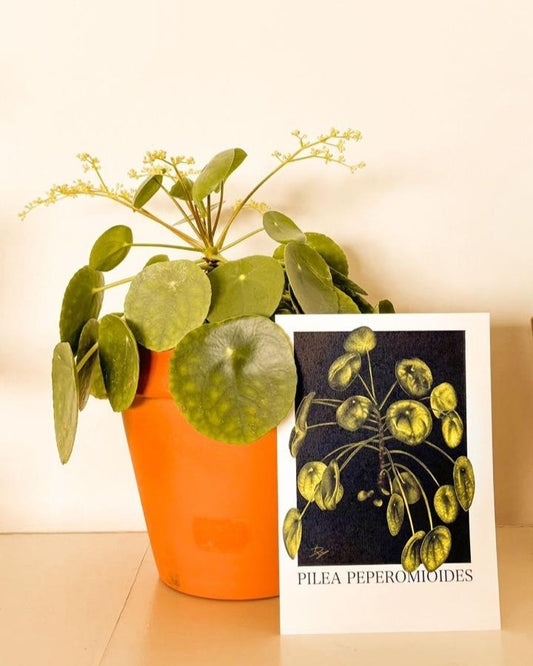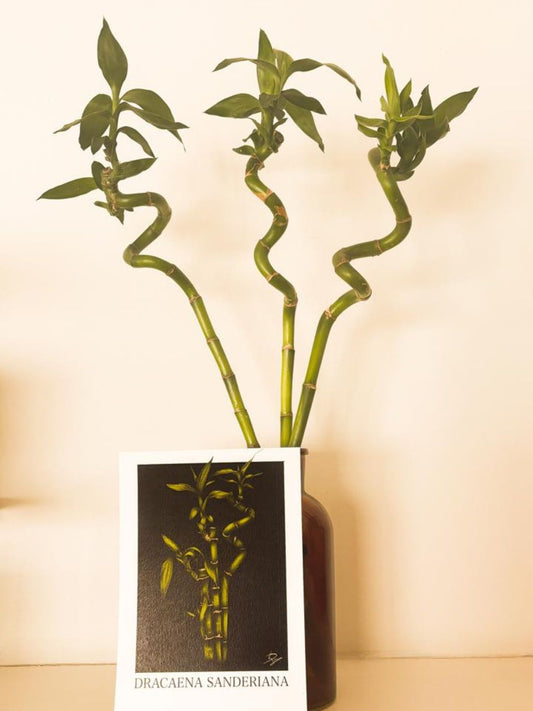If you're a plant lover like me, you know that keeping your houseplants healthy and thriving requires more than just watering them and loving them, unfortunately. That's where the right plant fertilizer comes in. In this article, we'll look at the best plant fertilizers for houseplants available to ensure your indoor plants flourish.
From liquid fertilizers to slow-release pellets, we'll explore a range of plant fertilizer products that will provide your houseplants with the essential nutrients they need to grow and thrive. Whether you have leafy plants, flowering varieties, or succulents, I’ve got you covered.
Importance of Plant Fertilizer for Indoor Plants

Indoor plants require essential nutrients to grow and thrive. Sure, soil does most of the heavy lifting when it comes to providing some of these nutrients, but in most cases, the nutrients in soil alone are not enough to sustain your houseplants in the long run. That's where plant fertilizer comes in. Plant fertilizer is specially formulated to provide the necessary nutrients that may be lacking in your indoor plant's soil.
Plant fertilizer contains a combination of macronutrients (nitrogen, phosphorus, and potassium) and micronutrients (iron, manganese, zinc, etc.) that is essential for healthy plant growth. These nutrients play a vital role in various plant functions, such as photosynthesis, root development, flowering, and overall plant well-being. Therefore, providing your indoor plants with the right plant fertilizer is essential for their overall health, and in return, your mental health.
How To Read Plant Fertilizer Labels
When shopping for plant fertilizer, you will notice that most synthetic plant fertilizer products have a number on the label that reads something like this: “10-30-10” or “10-10-10”. This is called the “N-P-K ratio” and it stands for Nitrogen, phosphorus, and Potassium, in that order. The numbers refer to the ratio of each element in the plant fertilizer recipe.
Nitrogen (N) is like the fuel for plants, powering their growth and vitality. Just as we need nutrients to thrive, plants rely on nitrogen to develop strong, green foliage, vibrant flowers, and delicious fruits. Nitrogen plays a crucial role in protein synthesis, chlorophyll production, and overall plant metabolism, ensuring they have the energy and resources to flourish. Without an ample supply of nitrogen, plants can become pale, stunted, and struggle to reach their full potential.
Phosphorus (P) is like the secret weapon behind strong roots and blooming flowers for plants. Picture it as the foundation of a house; without a solid base, everything else falters. Phosphorus is crucial for seed germination, root development, and flower formation, giving plants the strength to withstand environmental stresses and produce abundant harvests. Just like we need a balanced diet for optimal health, plants rely on phosphorus to thrive and reach their full potential.
Potassium (K) is like the plant's personal trainer, boosting strength and resilience from the inside out. Think of it as the guardian of balance, regulating water movement, enzyme activation, and photosynthesis, ensuring plants can efficiently convert sunlight into energy. Potassium also enhances disease resistance, helping plants fight off pesky pests and environmental stressors. Just as we need electrolytes to stay hydrated and energized, plants rely on potassium to maintain their structural integrity and perform at their peak.
Understanding the Nutritional Needs of Houseplants
Different houseplants have different nutritional needs. Understanding these needs is key to selecting the right plant fertilizer for your indoor greenery. Here are some common nutritional requirements for different types of houseplants:
- Leafy Plants: Leafy plants, such as pothos and philodendrons, mostly require nitrogen for lush foliage growth. They also benefit from micronutrients like iron and magnesium for vibrant green leaves.
- Flowering Plants: Flowering plants, like African violets and orchids, have additional nutritional requirements to support blooming. They need a balanced ratio of macronutrients, including phosphorus and potassium, to promote healthy flower development.
- Succulents: Succulents, such as aloe vera and jade plants, have unique nutritional needs. They require a lower nitrogen content and benefit from a well-draining soil mix.
By identifying the specific nutritional needs of your houseplants, you can choose a plant fertilizer that caters to those requirements and ensures optimal growth and health.
Different Types of Plant Fertilizer Available

When it comes to plant fertilizer, there are various options available. Let's explore the different types of plant fertilizer and their benefits:
- Liquid Fertilizers: Liquid fertilizers are a popular choice among indoor gardeners due to their ease of use and quick absorption by plants. They come in concentrated forms that can be diluted with water and applied directly to the soil. Liquid fertilizers are versatile and suitable for a wide range of houseplants.
- Slow-Release Pellets: Slow-release pellets are another convenient option for providing long-term nourishment to your indoor plants. These pellets are placed in the soil, and they release nutrients gradually over time. Slow-release pellets are ideal for busy gardeners who may not have the time or patience for frequent fertilization.
- Granular Fertilizers: Granular fertilizers are dry, pellet-like formulations that are sprinkled on the soil surface and watered in. They provide a slow but steady release of nutrients to the plants. Granular fertilizers are easy to use and are suitable for a variety of houseplants.
- Water-Soluble Powders: Water-soluble powders are concentrated fertilizers that are dissolved in water before application. They are absorbed quickly by the plant roots and provide an instant nutrient boost. Water-soluble powders are particularly effective for plants that need an instant nutrient intake.
Now that we've explored the different types of plant fertilizer available, let's delve into specific options for both organic and synthetic plant fertilizer.
Organic Plant Fertilizer Options

Organic plant fertilizer is derived from natural sources and is preferred by many gardeners who want to avoid synthetic chemicals. Here are some organic plant fertilizer options to consider:
- Compost: Compost is a nutrient-rich soil mixture made from decomposed organic matter. It provides a wide range of nutrients to plants and improves soil structure. You can make your own compost using kitchen scraps, yard waste, and other organic materials.
- Worm Castings: Worm castings, also known as vermicompost, are the waste produced by earthworms. They are an excellent source of nutrients and beneficial microorganisms. Worm castings can be applied directly to the soil or used to make compost tea for a nutrient-rich liquid fertilizer.
- Fish Emulsion: Fish emulsion is a liquid organic fertilizer made from fish byproducts. It is rich in nitrogen and other essential nutrients. Fish emulsion is easy to use, and it provides a quick nutrient boost to your indoor plants.
- Seaweed Extract: Seaweed extract is derived from seaweed and is packed with micronutrients, growth hormones, and beneficial plant compounds. It promotes root development, enhances plant resilience, and improves overall plant health.
Organic plant fertilizer options are safe for the environment and can improve the long-term health of your indoor plants. However, if you prefer synthetic plant fertilizer options, there are also effective choices available.
Synthetic Plant Fertilizer Options

Synthetic plant fertilizer, also known as chemical or inorganic fertilizers, is formulated using manufactured compounds. While synthetic fertilizers may not be as environmentally friendly as organic options, they can provide quick and targeted nutrient supplementation for your indoor plants. Here are some synthetic plant fertilizer options to consider:
- All-Purpose Balanced Fertilizers: All-purpose balanced fertilizers contain equal proportions of nitrogen, phosphorus, and potassium. They provide a well-rounded nutrient balance for your indoor plants. These fertilizers are suitable for a wide range of houseplants and can promote overall growth and health.
- High-Nitrogen Fertilizers: High-nitrogen fertilizers are ideal for leafy plants that require lush foliage growth. They have a higher nitrogen content compared to other macronutrients. High-nitrogen fertilizers can help your indoor plants develop vibrant green leaves.
- Bloom Boosters: Bloom boosters are synthetic fertilizers formulated with high levels of phosphorus and potassium. They are specifically designed to promote flower development and enhance blooming in flowering houseplants. If you want your indoor plants to produce abundant and vibrant blooms, bloom boosters are a great choice.
- Controlled-Release Fertilizers: Controlled-release fertilizers are synthetic pellets that release nutrients over an extended period. They provide a slow and steady supply of nutrients to your indoor plants, reducing the need for frequent fertilization.
When using synthetic plant fertilizer, it's essential to follow the recommended dosage and application instructions to avoid over-fertilization, which can harm your indoor plants.
Choosing the right plant fertilizer for your indoor plants is crucial for their overall health and growth. Whether you prefer organic or synthetic options, there are various plant fertilizer choices available to meet the nutritional needs of your houseplants. Experiment with different types of plant fertilizer to find the best one for your indoor garden, and enjoy the beauty and vitality of your thriving plants.




